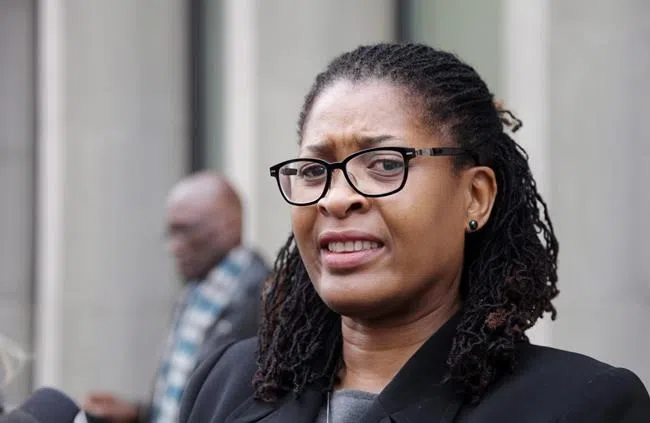
W7 summit urges leaders to go beyond ‘platitudes’ of calling themselves feminist
OTTAWA — Prime Minister Justin Trudeau promised to bring his lauded feminist credentials to hosting the G7 summit — and dozens of gender equality activists are gathering in Ottawa this week to make sure he does.
“We want to go beyond the platitudes of leaders declaring themselves as feminists and actually see that the declarations are showing up in the policies,” said Paulette Senior, president and CEO of the Canadian Women’s Foundation.
Those policies, Senior said, “have significant implications and can have great impact on the lives of all citizens.”
The Liberal government is making gender equality a major theme of its G7 presidency this year, including by pushing for measures aimed at boosting the economic empowerment of women and increasing female participation in the fields of science, technology, engineering and mathematics.
